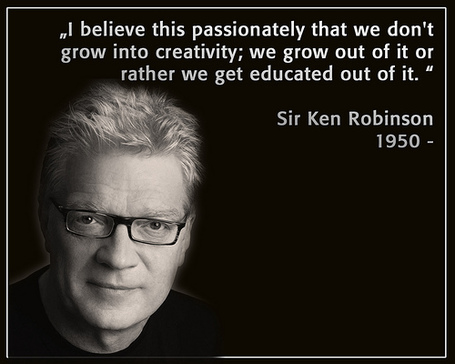I had some struggles at first with the amount of online work and the
amount of websites that were mentioned on the syllabus on the first day of
class. I remember feeling worried about not being able to do all the work with
all the websites, registering, logging in and out of a variety of sites that I
haven't heard of.
But then, with time and practice, I actually enjoyed the websites and I enjoyed blogging a lot. In fact I am going to keep on blogging, now that I have experience and confidence in terms of how to use and benefit from it.
One of many things that I've learned from the blogging tasks is to express myself through internet with full capacity. Sharing thoughts, opinions, videos, comments with each other was a great experience. Now I can apply everything that I've learned in this course not only personally, but also in my future career. I've learned a lot about myself as well while taking this course. My interests, how I actually like using technology and online forms of expressions in comparison to before, when I had certain taboos about the whole blogging and any form of online expression. From this experience I've learned that even if we have certain prejudgments about "the way things are being done" we still should give it a chance and try to go along with it. Because when it is done with an open mind and the will to understand, then the process is sure to be enjoyable at the end and the gain will be tremendous.
Not only I learned many different things, but also I was able to draw connections from my past experiences and other university courses that I have taken.
But then, with time and practice, I actually enjoyed the websites and I enjoyed blogging a lot. In fact I am going to keep on blogging, now that I have experience and confidence in terms of how to use and benefit from it.
One of many things that I've learned from the blogging tasks is to express myself through internet with full capacity. Sharing thoughts, opinions, videos, comments with each other was a great experience. Now I can apply everything that I've learned in this course not only personally, but also in my future career. I've learned a lot about myself as well while taking this course. My interests, how I actually like using technology and online forms of expressions in comparison to before, when I had certain taboos about the whole blogging and any form of online expression. From this experience I've learned that even if we have certain prejudgments about "the way things are being done" we still should give it a chance and try to go along with it. Because when it is done with an open mind and the will to understand, then the process is sure to be enjoyable at the end and the gain will be tremendous.
Not only I learned many different things, but also I was able to draw connections from my past experiences and other university courses that I have taken.
If I were to take
this course again, I'd take less courses per term in order to be able to give
my full attention to it, because then I'd be able to share more of my thoughts
and opinions about the things I want to say. But this is only the beginning and
there is a lot more to come for me in this newly discovered "way" of
teaching and learning.
